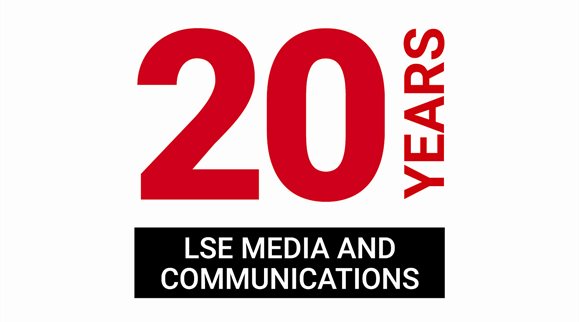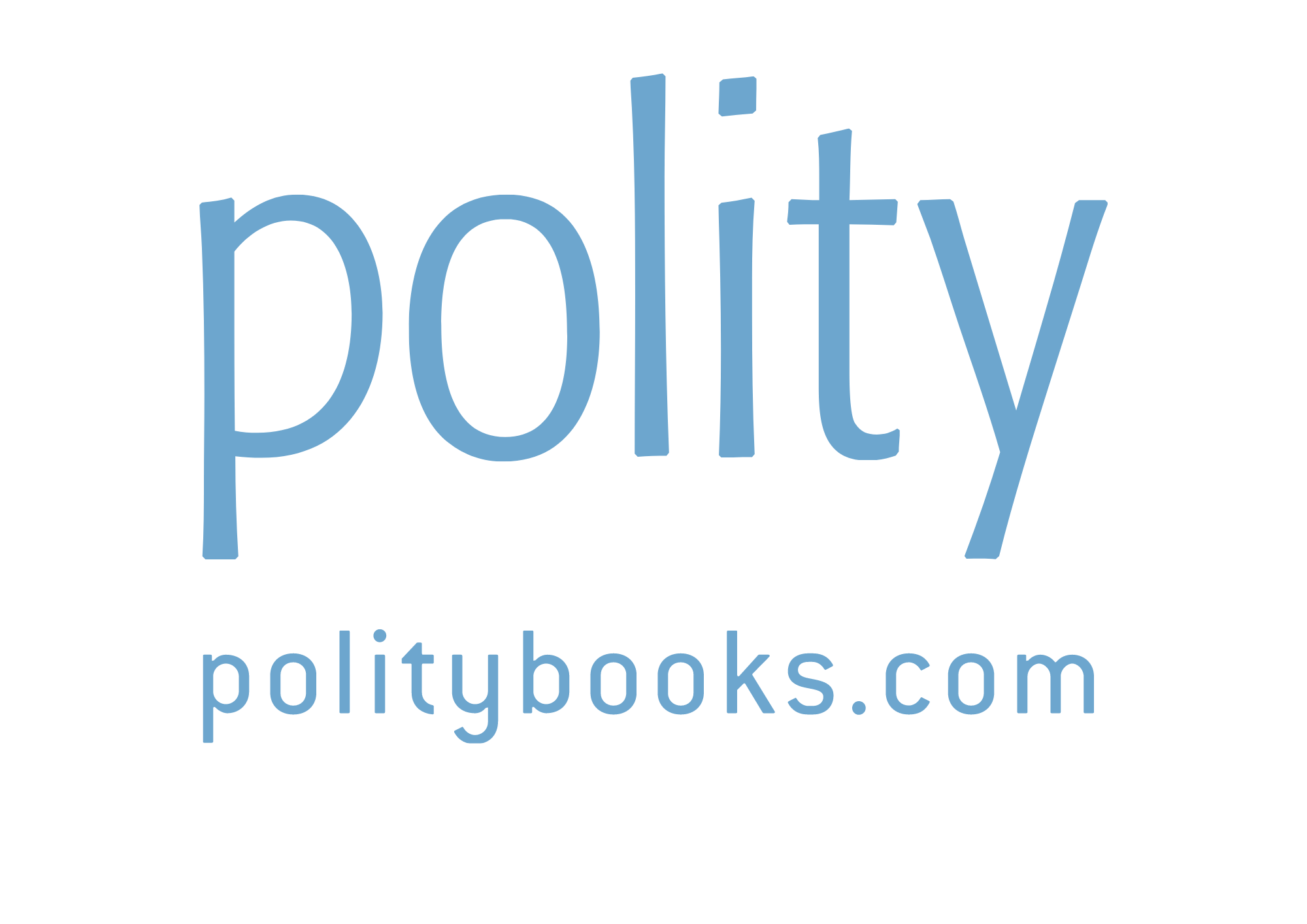
Media Futures Conference Theme
We are living in turbulent and increasingly dangerous times which are defined and influenced by the things we study and research, namely media, communication infrastructures, algorithms, and data. Faced with an uncertain future, we can discern both dystopian and optimistic scenarios. In the former, we need critique and ethical norms and values to validate those critiques. Regarding the latter, alternative imaginaries of hope, social justice and solidarity need to be developed or indeed rejuvenated.
In our 20th anniversary conference, we aim to address both the critiques of the present and to consider and imagine alternative pathways. Participants will be presenting papers aligned with our four research themes: Media Culture and Identities; Histories and Futures; Media, Participation and Politics; and Communication, Technology, Rights and Justice.
View conference brochure, outline and abstracts.
View photos from the conference.
Listen to our 20th anniversary podcast and read the series of posts for our Media@LSE blog. Watch our plenary sessions here.
Conference outline programme
10:00-11:20 Plenary: Remembering Mediapolis: Media Morality and Disrupted Futures
11:30-13:00 Parallel Session 1
13:00-14:00 Lunch
14:00-15:30 Parallel Session 2
15:30-16:00 Coffee Break
16:00-17:30 Parallel Session 3
18:30-23:00 Reception and Conference Party
10:00-11:20 Plenary: Imagining New Realities: A 21st Century Take on Justice
11:30-13:00 Parallel Session 4
13:00-14:00 Lunch
14:00-15:30 Parallel Session 5
15:30-16:00 Coffee Break
16:00-17:20 Plenary: Contentious Trajectories: Future Paths for Media and Communications
17:20-17:30 Close
Plenary sessions
Remembering Mediapolis: Media Morality and Disrupted Futures
- Miriyam Aouragh, Reader in Digital anthropology of the Middle East, University of Westminster
- Nick Couldry, Professor of Media, Communications and Social Theory, LSE
- Jonathan Corpus Ong, Associate Professor of Global Digital Media, University of Massachusetts - Amherst
Imagining New Realities: A 21st Century Take on Justice
Contentious Trajectories: Future Paths for Media and Communications
Parallel sessions
Media offer symbolic and ideological resources for us to imagine and to fashion not only who we are but who we might become. They also represent and mediate our relationships with and responsibilities towards others. When media power is increasingly concentrated but challenged and contested from multiple sites and directions, not all progressive, it is imperative to consider anew how media variously orient and disorient us.
How are media, platforms, users, and audiences implicated in the production and contestation of symbolic power both old and new? What sense of possibility do different media representations and practices produce, or seem to foreclose? What are we invited to imagine? What can we hope for?
This stream invites contributions that examine the different roles of media and communications in the stories that we tell about ourselves, our human and non-human others, and our entangled, uncertain futures.
Areas of focus include:
- race and ethnicity, coloniality and postcolonialism
- gender, sexuality, feminism and LGBTQI rights
- class, social and digital inequalities
- the nation, city, protest, solidarities, and the commons
- age, generation, children’s, and elderly rights
- ability and disability rights
- environmental crisis
How do we think about the temporal in a moment of unremitting bad news? What role can history and memory play in the face of a future that might feel inescapably dystopian? And what is the place of media history, specifically, in relation to our political present?
Authoritarianisms are on the rise the world over, relying on distinct brands of populism and fascism, magnified, and twisted by platform logics; wealth concentrates in ever fewer hands, reshaping the structure of political discourse, and the avenues of resistance. Facing all this gloom, it is urgent to excavate progressive and alternative pasts. This stream invites contributions that reflect on how the field of media and communications is to frame the temporal in the analysis of political and technological trends, and to advance a research agenda for a more just global future.
Areas of focus include:
- the role of media history in considerations of our present conjuncture
- temporality and media studies
- the politics of future imaginaries
- collective memory in authoritarianism and activism
- decolonizing communications and data practices
- affect and the temporal
We are living in a time when the old are dying but the new haven’t been born yet. This age is also characterised by the centrality of media and communication infrastructures, both in terms of the harm they induce and the potential solutions they might offer to our myriad societal problems, those of democracy.
How can and should media and communications, and by extension our field, contribute to shaping stronger and more vibrant democracies, and deeper and embodied intersectional solidarities? How might we overcome the many economic, cultural, and social barriers to the attainment of these social and moral goods?
This stream invites contributions that reflect on the role of media and communications in fostering democratic and inclusive politics and participation, and countering authoritarianism, fascism, and militarism.
Areas of focus include:
- third sector and activist media practices
- mainstream and social media in times of war
- the politicisation of global crises
- the changing spaces, shape and tone of political debatepublic sphere ideals and conflict in a populist era
- the growing specter and normalization of fascism and anti-democratic authoritarianism
Recent years have seen a significant increase in philanthropic support for digital rights, tech ethics, platform accountability, media freedom, and independent media. This boost, which typically comes from wealthy tech entrepreneurs, tech firms, or their non-profit spin-offs, easily competes with national investments in communication rights and justice and is taking place against the backdrop of increased attempts to rein in the power and influence of ‘Big Tech,’ on the one hand, and to assert digital sovereignty, on the other.
What are the stakes in the pursuit of communication rights and justice? Who are the different players, and what are, and should be, their respective roles, interests and constraints? Is collective resistance to Big Tech possible, and if so under what conditions and with what alternatives?
This stream invites contributions that assess changes in the balance of power between the state, market players, and non-state actors in shaping just and democratic communication infrastructures.
Possible areas of focus include:
- norms, values, and practices in advocacy and organizing for communication rights and justice
- path dependency in foundation-funded tech advocacy and organising
- tech philanthropy and public opinion of itrefusal and/or/versus reform of Big Tech
- the meaning and nature of ‘public interest’ technology
Practical Information
The cost of attendance is £100 (includes lunches and conference reception attendance). Click here to register for the conference.
For accomodation suggestions, please view our travel guide.
Closest tube stations:
-
Holborn Station (10-minute walk)
-
Chancery Lane Station (15-minute walk)
-
Covent Garden Station (15-minute walk)
-
Temple Station (10-minute walk)
-
Russell Square (20-minute walk)
-
Please direct any questions about the conference, dietrary requirements and/or the submission process to: Media.Futures@lse.ac.uk
-
For ongoing updates about the conference, follow our Twitter account: @MediaLSE and use the hashtag #LSEMediaFutures.
Sponsors
Many thanks to Sage and our gold sponsors Polity.
